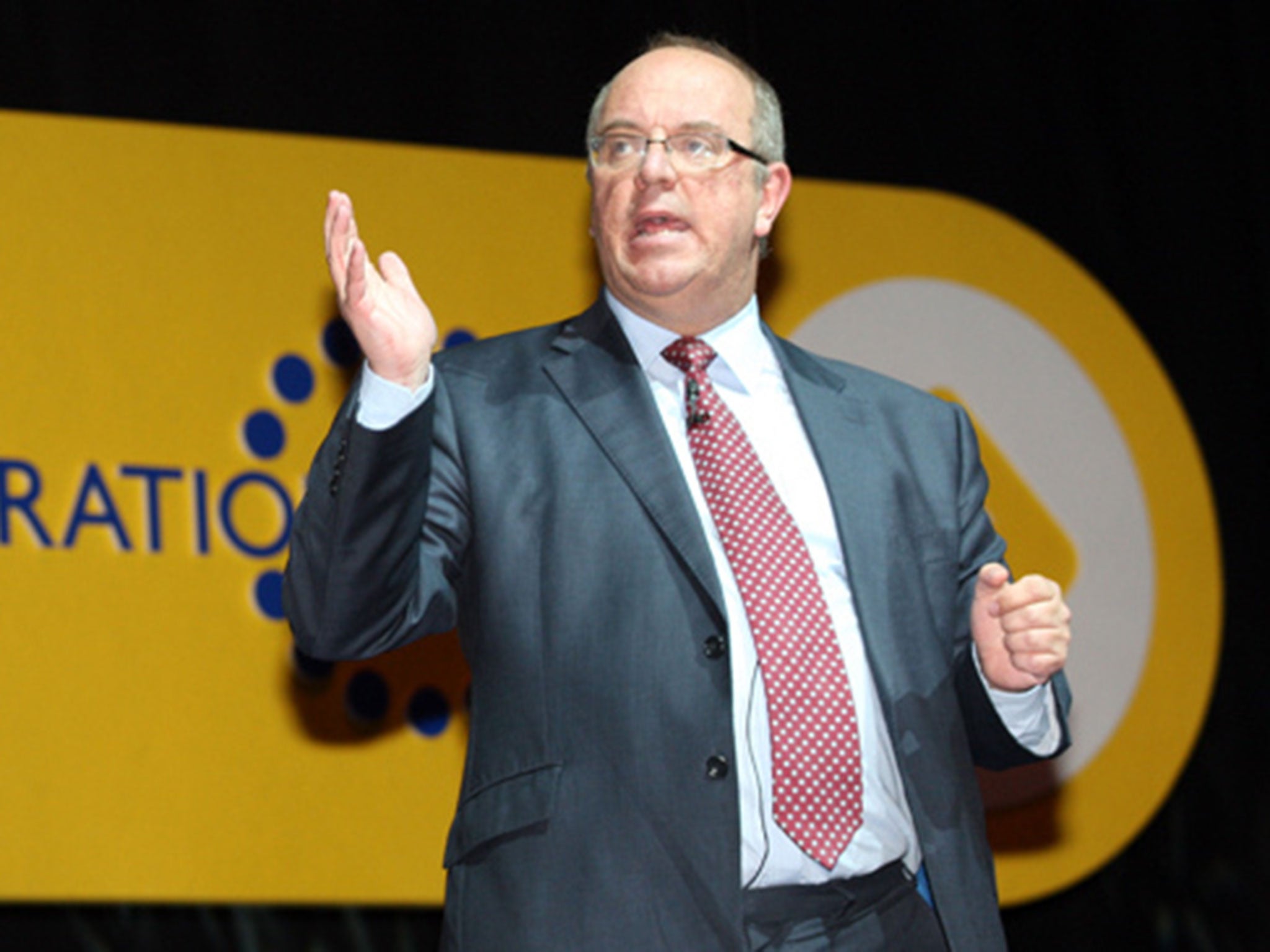Former NHS chiefs call for increased taxation to prop up the ailing health service
'Since the financial crash, the NHS has had little or no growth. There isn’t a healthcare system in the developed world that can cope with that in the long-term'

Your support helps us to tell the story
From reproductive rights to climate change to Big Tech, The Independent is on the ground when the story is developing. Whether it's investigating the financials of Elon Musk's pro-Trump PAC or producing our latest documentary, 'The A Word', which shines a light on the American women fighting for reproductive rights, we know how important it is to parse out the facts from the messaging.
At such a critical moment in US history, we need reporters on the ground. Your donation allows us to keep sending journalists to speak to both sides of the story.
The Independent is trusted by Americans across the entire political spectrum. And unlike many other quality news outlets, we choose not to lock Americans out of our reporting and analysis with paywalls. We believe quality journalism should be available to everyone, paid for by those who can afford it.
Your support makes all the difference.Ministers must increase taxes to raise new cash for the NHS, a former chief executive of the health service in England has said, warning that no developed country would be able to cope with the spending squeeze inflicted on the health since the financial crisis of 2008.
Sir David Nicholson, who served as head of NHS England until 2014, said that last week’s record NHS hospital deficit figures were a symptom of the “serious problem” of NHS under-funding. His call for a boost for NHS spending via the taxation system was echoed by a senior NHS official, who said the only alternative to increasing taxes or national insurance contributions would be deeply unpopular new charges for NHS care.
NHS hospitals, ambulance, community and mental health services in England reported a total overspend of £2.5bn in 2015/16 – the biggest ever recorded for the sector. In the past, deficits have been blamed on hospitals’ poor financial management, but a growing chorus of voices are now blaming systemic under-funding of the health service, with nine in 10 hospitals overspending their budgets to cope with rising patient demand.
Sir David said that the new situation was a result of a “fundamentally changed” approach to NHS funding by the Coalition and Conservative Governments
“Right up to 2008/09, on average the NHS got about 4.5 per cent growth every year from 1948 [when the health service was founded],” Sir David told BBC Radio 4’s Today programme. “Since 2008/09, with the financial crash and austerity, the NHS has essentially got little or no growth during that period. There isn’t a healthcare system , I don’t think, in the developed world that can cope in the long-term with little or no growth.”
He said health spending increases pledged by the Government to 2020, which amount to £10bn, were around half of what was needed to get back to historic increases, and that without more cash pressure on staff would become ever greater, while hospitals would be forced to let waiting times extend.
“We’re going to have to spend more money on healthcare through the taxation system,” he added. “It’s either a choice of priorities for a government or its increased taxes. When you look around the world at what people are doing in other countries it’s the only option available.”
With a potential settlement now reached with the British Medical Association over the junior doctors’ contract dispute, the new deficit figures have thrust the parlous state of NHS finances to the top of the Government’s NHS in-tray.
Sir David, who led the NHS in England for eight years, was also critical of ministers’ approach to the dispute, alleging that Health Secretary Jeremy Hunt and the Government had failed to initially listen to junior doctors’ concerns and instead behaved “as if somehow we needed to put junior doctors in their place”.
He also joined calls for hospitals to centralise key services – including A&E departments – at fewer sites.
NHS leaders are said to be considering the future of up to 50 A&E departments, with plans to close many smaller units and reallocate their staff to neighbouring hospitals. Such reforms have been discussed for years, but never wholeheartedly embraced by ministers because of the political difficulty of forcing through closures that prove unpopular with local patients.
Chris Hopson, chief executive of NHS Providers, the trade association for NHS trusts, said that “difficult questions” would have to be asked about the allocation of health services. Writing for The Times he called for either an increase in income tax, national insurance contributions or the introduction of a dedicated NHS tax, warning that the alternative could be new charges for healthcare which “nearly all of us in the NHS would strongly oppose”.
A Department of Health spokesperson said: "We believe in the NHS and its values — we're investing £10 billion in its future and the public can be absolutely assured that under this Government the NHS will remain free at the point of use."
Join our commenting forum
Join thought-provoking conversations, follow other Independent readers and see their replies
Comments